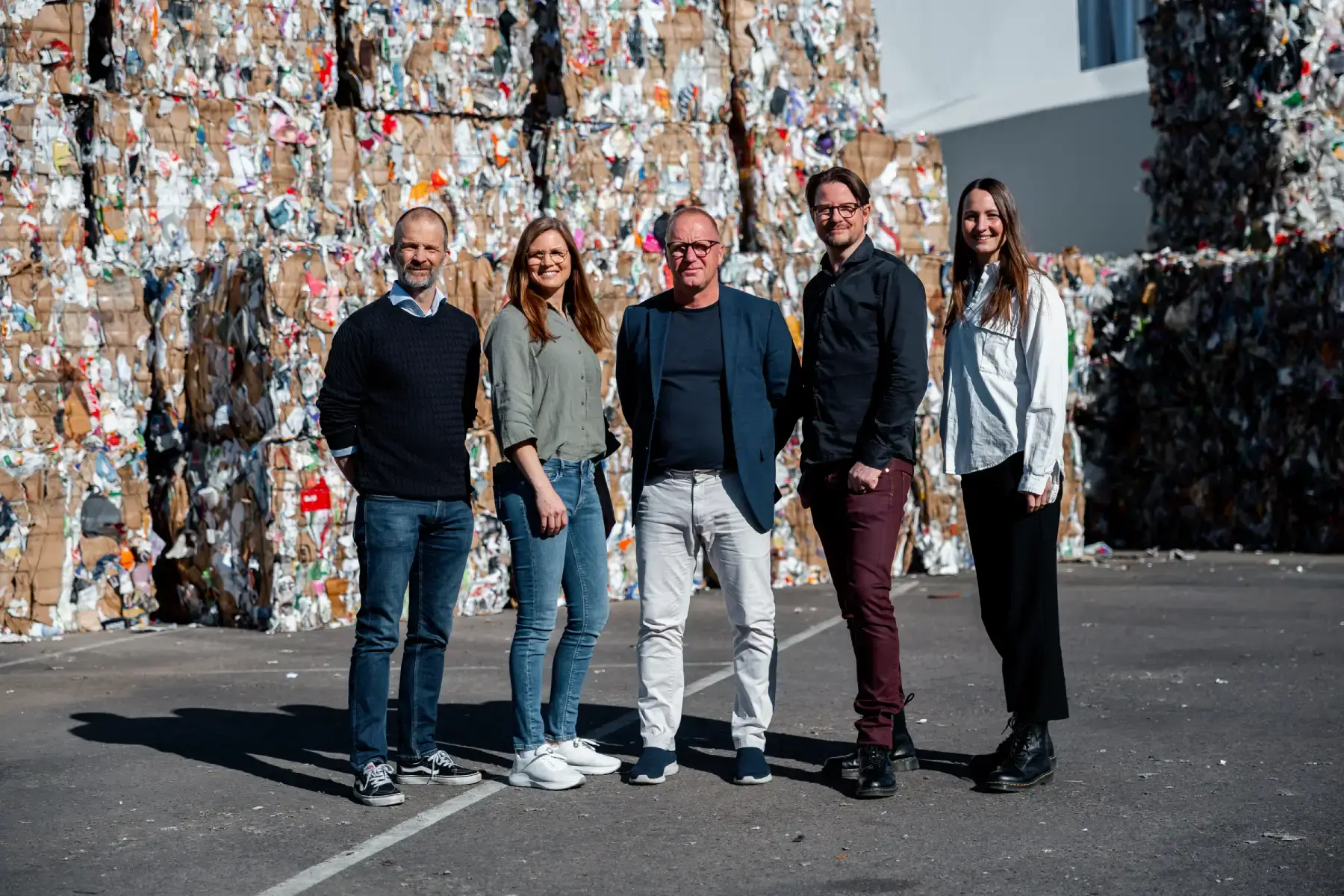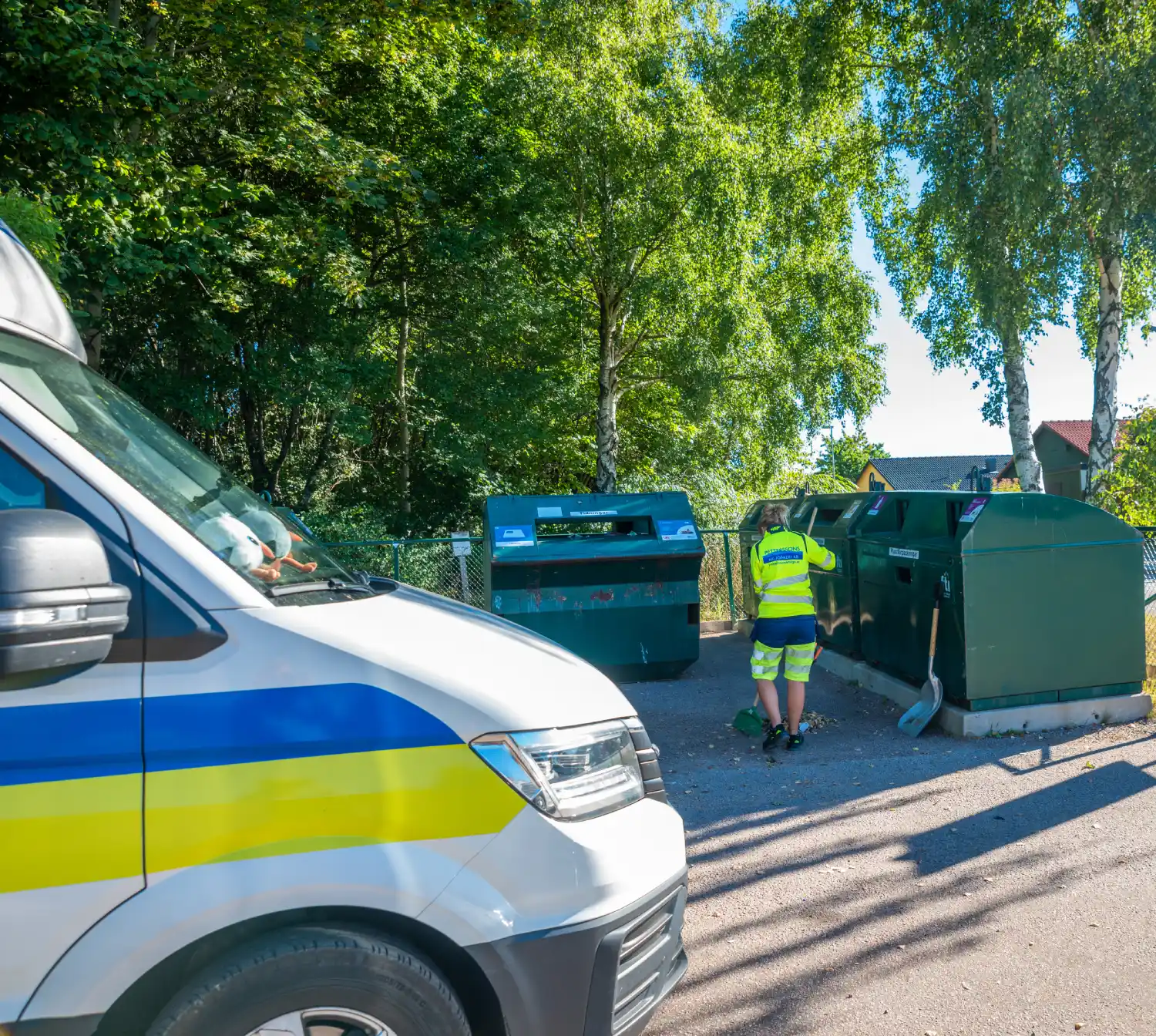Recycling (Återvinning) has emerged as a vital practice in contemporary culture, not merely for the environmental benefits but also because of its significant economic advantages. By reprocessing components like report, plastics, materials, and glass, recycling plays a part in a sustainable economy in a number of ways.

Conservation of Methods
One of many principal economic benefits of recycling lies in reference conservation. Recycling reduces the need for organic products extracted from the surroundings, such as for example wood, ores, and fossil fuels. As an example, recycling one heap of report saves approximately 17 woods, 7,000 gallons of water, and substantial levels of energy in comparison to producing paper from virgin materials. That conservation reduces creation prices for suppliers and reduces the strain on natural ecosystems, fostering long-term financial sustainability.
Job Creation and Economic Growth
Recycling industries develop numerous work opportunities across various industries, from variety and working to running and manufacturing. According to the U.S. Environmental Safety Organization (EPA), recycling and sell actions help over 750,000 jobs and generate billions in wages annually in the United States alone. These jobs range between spend administration and logistics to executive and research, adding to local economies and enhancing community resilience.
Price Savings for Businesses and Governments
Firms benefit economically from recycling through reduced disposal costs and savings on natural resources procurement. By integrating recycled products in to manufacturing procedures, companies may lower creation expenses and mitigate value volatility connected with virgin resources. Moreover, municipalities save your self on landfill detailed costs and avoid expenditures related to spend administration and cleanup. These savings could be redirected towards infrastructure progress, public services, and different community enhancements.
Revenue Generation from Recyclable Resources
Recycling also yields revenue channels through the sale of recyclable materials. Resources like aluminum, copper, and particular pockets have industry price and can be distributed to recycling features or manufacturers for running in to new products. This revenue not just offsets recycling program expenses but additionally contributes to local economies by supporting recycling companies and fostering a circular economy where resources are recycled rather than removed after initial use.
Environmental Charge Savings
Beyond strong economic benefits, recycling decreases environmental charges related to waste disposal and reference extraction. Landfilling and incineration of spend create environmental risks such as for instance groundwater contamination and air pollution, which incur cleanup and health-related expenses. By diverting waste from landfills and incinerators, recycling mitigates these risks, leading to less environmental remediation prices and public wellness expenditures around time.
Stirring Invention and Technology Development
Opportunities in recycling systems and techniques push innovation in materials science, waste administration, and alternative energy. Advanced sorting practices, efficient recycling machinery, and sustainable presentation options are types of improvements spurred by the recycling industry. These breakthroughs not just improve recycling efficiency but also produce possibilities for new businesses and systems, more boosting financial growth and competitiveness.

In conclusion, recycling offers multifaceted financial advantages that extend beyond spend reduction and environmental conservation. From resource conservation and work development to charge savings and revenue generation, recycling plays a crucial position in building tough economies and sustainable communities. Adopting recycling as a elementary exercise not merely helps economic prosperity but in addition promotes responsible stewardship of normal methods for future generations.
